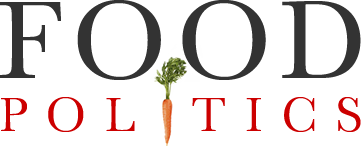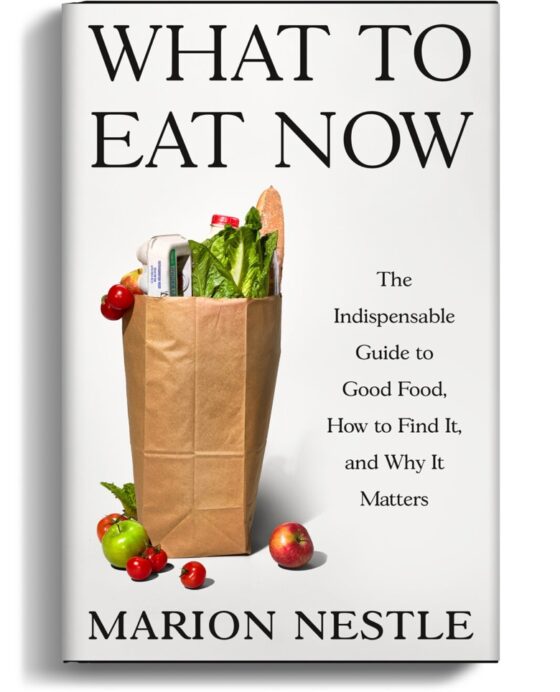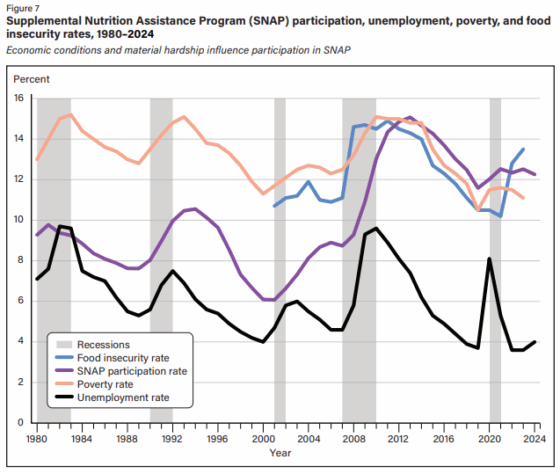The FDA announced that it is revoking 52 obsolete standards of identity for food products. It said it is doing this as part of the Trump Administration’s deregulatory agenda. “I’m eliminating outdated food regulations that no longer serve the ...
| © Marion Nestle. You're receiving this email because you've signed up to receive updates from us. If you'd prefer not to receive updates, you can unsubscribe. |
|
| | |



.png)

No comments:
Post a Comment